The elites — whether political, military, or economic — constitute a determinant force in state formation and the nation-building project in post-colonial transitions. The absence of a scientific understanding of the socioeconomic and political configuration of South Sudan has obfuscated the liberation struggle and generated ethnic nationalism and the emergence of a parasitic class that is completely alienated from the masses of the people.
South Sudan, the highly hyped youngest state in Africa and the world, is in a deep social, economic, and political crisis characterised by a low-intensity civil war, immense suffering and material deprivation of the people. It has internally displaced hundreds of thousands of people who live in “protection of civilian” sites in major towns under the care of United Nations Mission in South Sudan. Three and a half million have crossed international borders to seek refuge in Uganda, the Democratic Republic of the Congo, Sudan, Ethiopia, and Kenya.
The ruling elite, completely unperturbed by the deep humanitarian crisis and apparent near collapse of the state, clamour for power sharing. Together with foreign collaborators, they have enriched themselves and fuelled the war through the extraction and plunder of the country’s natural resources. This book is a critical analysis of the socioeconomic and political failures of South Sudan’s leaders who have plunged the nascent state into the abyss.
South Sudan: Elites, Ethnicity, Endless Wars and the Stunted State is likely to achieve its objective of stimulating debate about the future of South Sudan as a viable polity. The hope is that readers, through the debate generated by this book, will rediscover the commonality that marked the struggle for freedom, justice, and fraternity, and abandon ethnic ideologies as a means of constructing a modern state in South Sudan. South Sudan: Elites, Ethnicity, Endless Wars and the Stunted State is a must-read for South Sudanese intellectuals who want to reshape the socioeconomic and political development trajectory.
About The Author
Peter Adwok Nyaba is a South Sudanese intellectual who has witnessed and participated in the struggle since his short stint in the first war (1964–1966), before going back to school. His work as an activist in the student movement and trade unionism won him membership in the Sudanese Communist Party. When the mass movement retreated after the popular uprising that overthrew the May regime in 1985, Peter Adwok Nyaba resigned to become a combatant in the Sudan People’s Liberation Army (SPLA). After the signing of the Comprehensive Peace Agreement in 2005, he became a legislator and then the minister for Higher Education and Scientific Research in the Government of National Unity. When South Sudan became independent in 2011, he was appointed Minister for Higher Education, Science, and Technology. He has published three books on South Sudan, one of which, The Politics of Liberation in South Sudan: An Insider’s View, received the Noma Award for Publishing in Africa (1998).
Reviews
This book provides a deep and nuanced understanding of how South Sudan’s political elite has failed to identify the problem and to transform South Sudan’s socioeconomic formation. — Amir Idris.
Someone might think the book should be titled ‘The Dinka as the South Sudan’s Problem’. — Jok Madut Jok, writing as a peer reviewer of the manuscript.

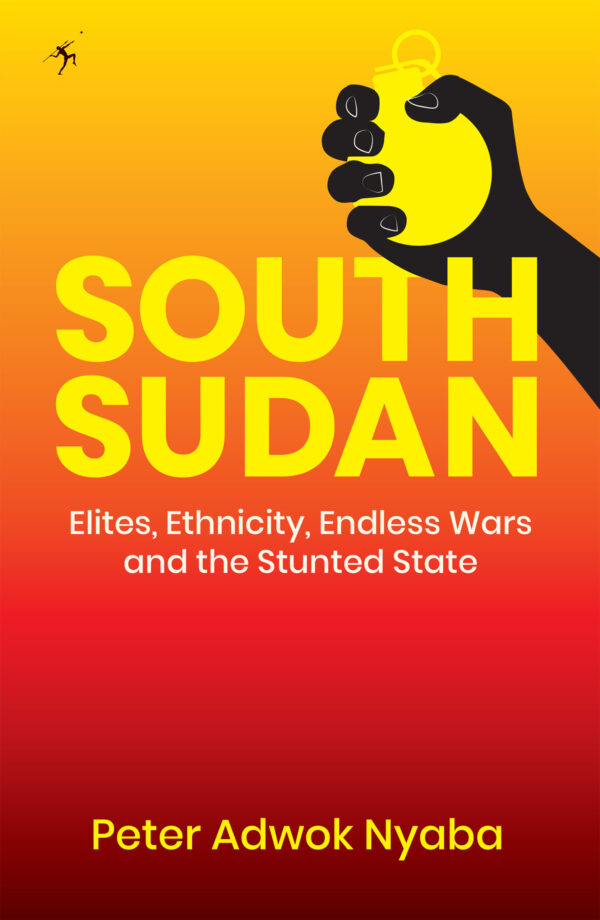
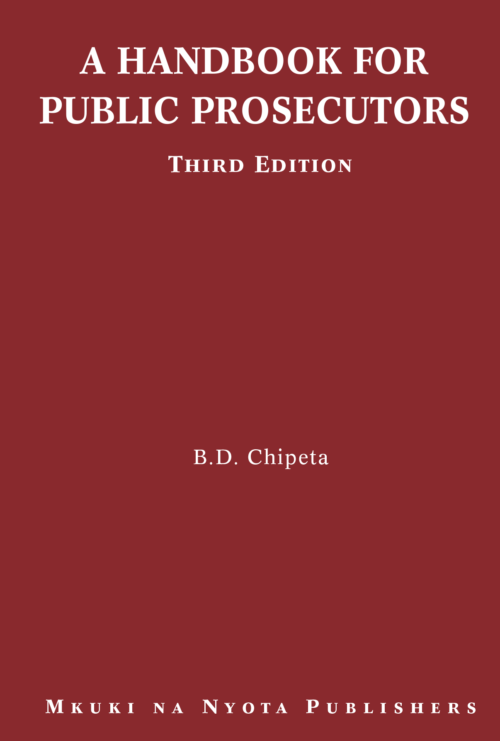
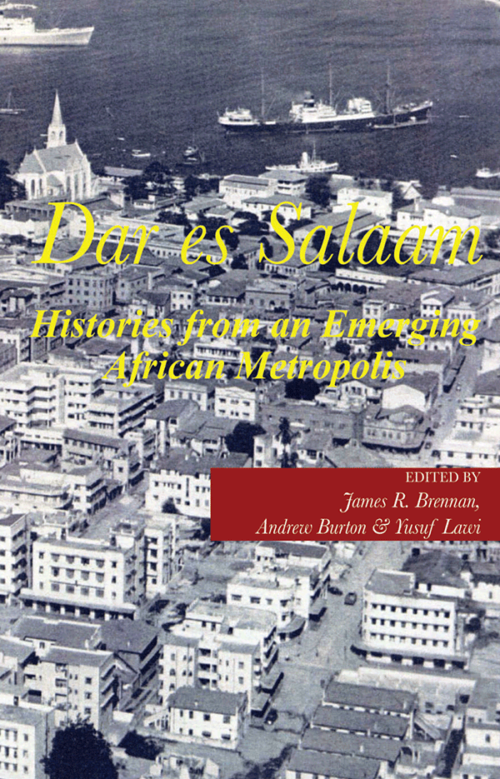
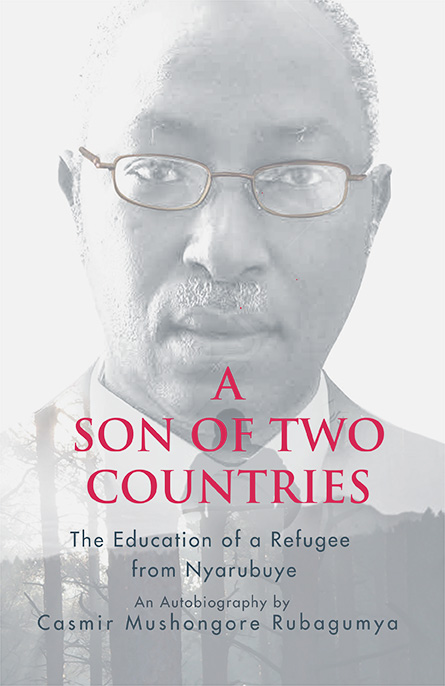
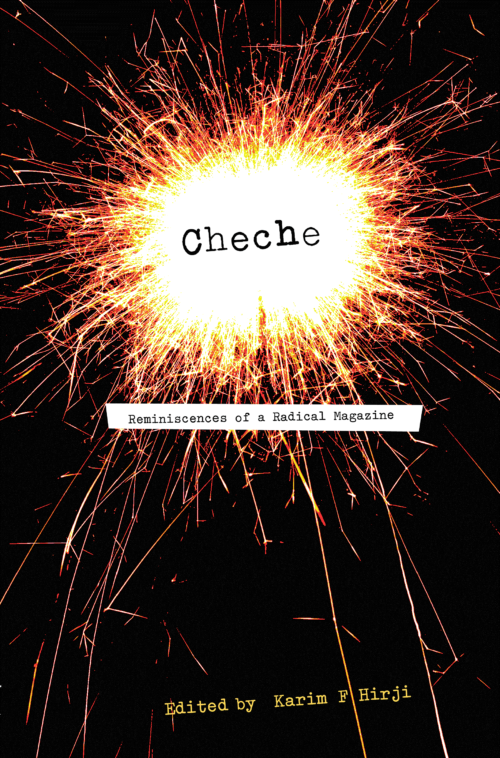
Reviews
There are no reviews yet.